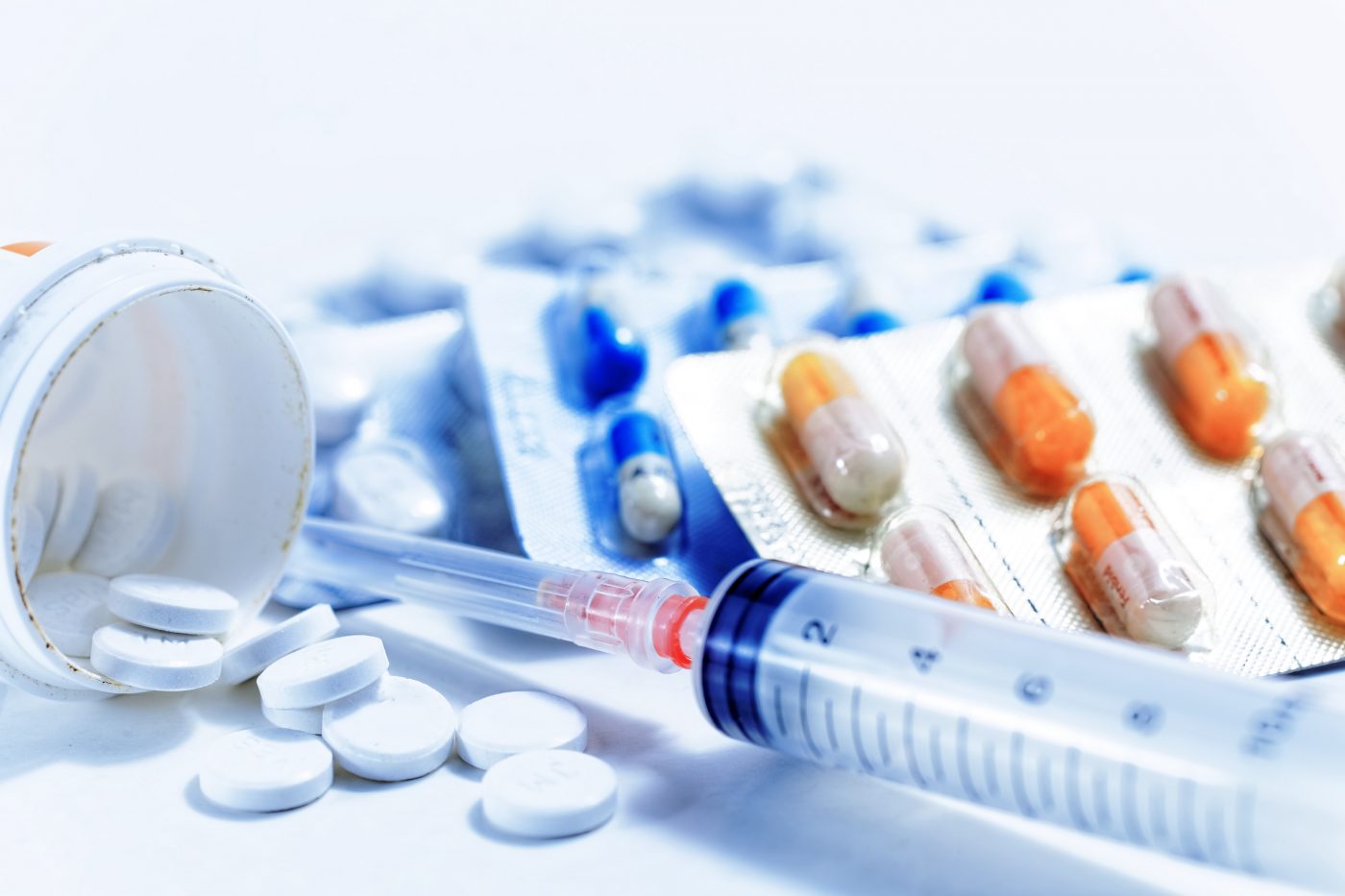Invion Completes Phase II Study Of SLE Pipeline Drug

Australian pharmaceutical giant Invion Limited, recently completed its phase II clinical study on INV103 (ala-Cpn10) in patients with systemic lupus erythematosus (SLE). The study was designed to test the biochemical properties of the drug in escalating doses, administered to patients with SLE and other autoimmune disorders, in considerably higher numbers as compared to their previous studies, and for longer periods of time.
The trial was a double-blinded, randomized, placebo-controlled study to investigate the safety, tolerability, pharmacokinetics, and biochemical activity of intravenous Cpn10 administration in subjects with SLE. The decision to end the trial came after reviewing the levels of serum biomarkers in patients’ bloodstream, which showed a considerable difference in the number of Peripheral Blood Monocytic Cells (PBMC) and their ability to secrete pro-inflammatory compounds in blood. These PMBCs are considered to be vital regulators of autoimmune conditions.
The study involved four cohorts of patients who received twice-weekly doses of 10, 30 or 100mg of ala-Cpn10, or placebo. Those receiving a 10mg dose twice weekly, for four weeks, showed no considerable reduction in the production of pro-inflammatory cytokines (IL-1Beta, IL-6 and TNF-alpha) measured at two time points. In comparison, those receiving higher doses of the drug (30 and 100mg of intravenous injection, twice weekly for four weeks) showed a greater reduction in the amount of PBMCs and consequent production of pro-inflammatory cytokines. Small variations existed in terms of results, when compared against those receiving placebos. Importantly, minor side-effects were reported but they did not affect the commencement of the drug’s clinical development program.
Executive Vice President R&D and Chief Medical Officer, Dr. Mitchell Glass, said in a company’s news release, “We are pleased that the data from this trial support the dose escalation that has underpinned the strategy for ala-Cpn10. Although we report the data here as means, the data are quite variable as is to be expected from PBMC assays. However we are pleased at the consistency of the responses. INV103 (ala-Cpn10) will need scale-up and longer term toxicology to extend these findings from one month to longer term studies in larger groups of subjects. We will be providing these data to potential partners in the near term, with a view to partnering the program.”






